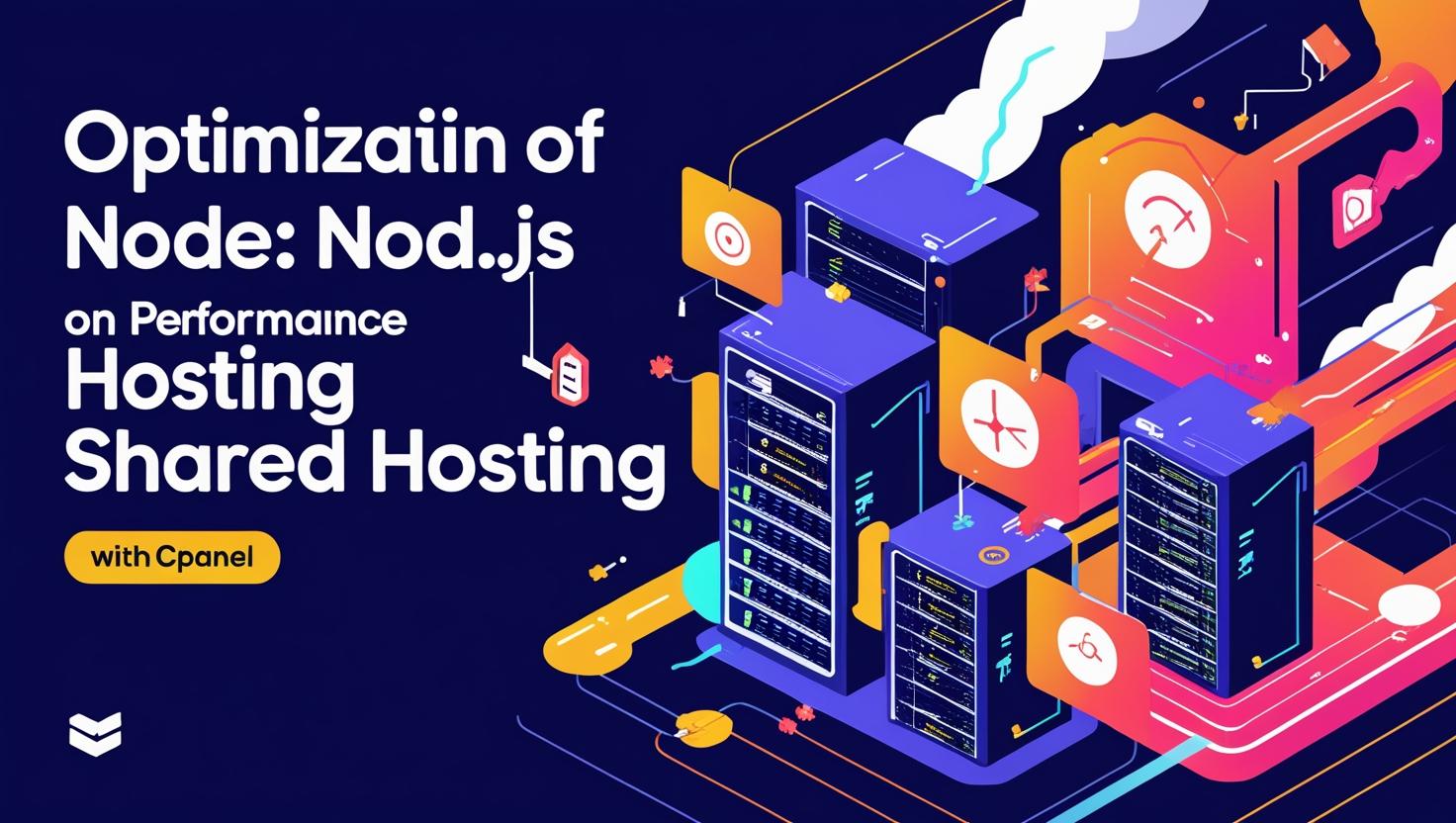
Boost Node.js Performance on Shared Hosting with cPanel
Boost Node.js Performance on Shared Hosting with cPanel
Running Node.js applications on shared hosting can present performance challenges due to limited resources and shared environment constraints. However, with proper optimization techniques and leveraging cPanel features, you can significantly boost your Node.js app’s performance.
Why Performance Optimization Matters on Shared Hosting
Shared hosting environments allocate resources like CPU, memory, and bandwidth among multiple users. Node.js apps that are not optimized can consume excessive resources, leading to slow response times, downtime, or even suspension by your hosting provider. Optimizing your app ensures faster load times, better user experience, and more efficient use of resources.
Top Tips to Boost Node.js Performance on Shared Hosting with cPanel
1. Use the Latest Stable Node.js Version
Always use the latest LTS (Long Term Support) version of Node.js available on your hosting. Newer versions include performance improvements and security patches.
2. Enable Caching
Implement caching mechanisms like:
- In-memory caches (e.g.,
node-cache, Redis if available) - HTTP caching headers for static assets
- Use CDN (Content Delivery Network) for serving static files
3. Optimize Your Code and Dependencies
Review your application code for inefficiencies:
- Minimize synchronous blocking operations
- Use asynchronous programming properly
- Keep dependencies up-to-date and remove unused packages
- Use lightweight libraries where possible
4. Use PM2 Process Manager
PM2 helps keep your app running smoothly with features like automatic restarts, load balancing, and monitoring. Install PM2 via SSH and run your app with:
pm2 start app.js --name "your-app-name"5. Configure Reverse Proxy with NGINX
Use NGINX as a reverse proxy to handle client requests efficiently and improve scalability. NGINX can serve static files and route dynamic requests to your Node.js app, reducing load on your application.
6. Optimize Database Queries
Ensure your database queries are efficient and indexed properly. Use connection pooling and avoid unnecessary database calls to reduce latency.
7. Monitor Resource Usage
Regularly monitor CPU, memory, and disk usage via cPanel’s resource monitoring tools or SSH. Adjust your app or upgrade your hosting plan if limits are consistently reached.
8. Compress Responses
Enable gzip compression in your Node.js app or via NGINX to reduce response sizes and speed up data transfer.
9. Limit Concurrent Connections
Implement throttling or rate limiting to prevent abuse and excessive resource consumption by limiting the number of requests from a single user.
Bonus: Using cPanel’s Node.js Application Manager
cPanel provides a built-in Node.js Application Manager that simplifies deployment and management of Node.js apps. You can:
- Select Node.js version
- Manage environment variables
- Start, stop, or restart apps
- Configure app root and startup file
Using this tool correctly can improve app stability and performance.
Conclusion
Although shared hosting environments come with limitations, applying these best practices will help you optimize your Node.js app for better performance and reliability. Efficient resource use and smart configuration with cPanel will ensure your application delivers a smooth user experience even on shared servers.